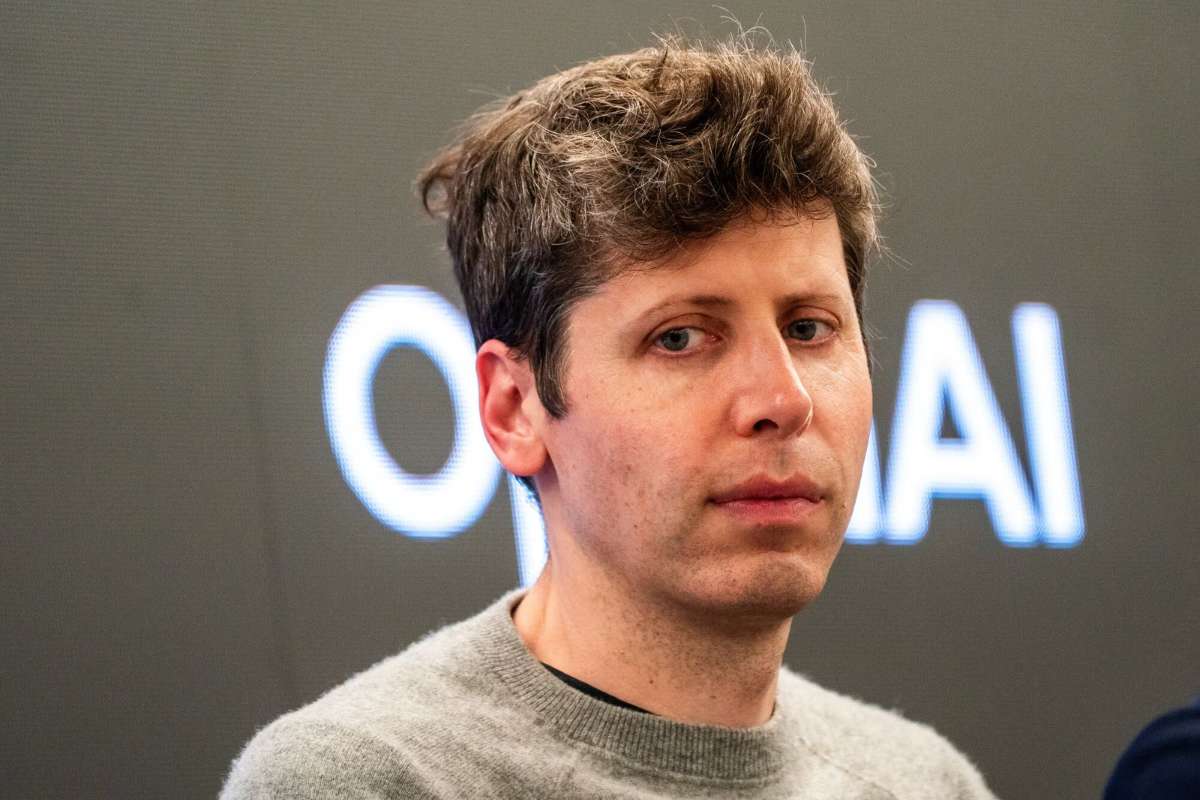Key Points:
- Sam Altman publicly defends OpenAI’s adult content moderation policies amid growing OpenAI backlash, emphasizing transparency and ethical boundaries.
- The company faces criticism from users and advocacy groups over perceived censorship and inconsistent enforcement.
- The controversy reignites broader debates around AI responsibility, free expression, and platform accountability.
OpenAI CEO Sam Altman recently addressed growing public scrutiny and OpenAI backlash over the company’s decision to allow adult content, including erotica, for verified adult users of ChatGPT. In a series of social media posts, Altman emphasized that OpenAI does not consider itself the “moral police of the world.” He clarified that the inclusion of adult content is intended to expand user freedom for adults, similar to how films are rated for age-appropriate viewing.
Altman explained that the policy aims to provide adult users with a broader range of options while ensuring that vulnerable populations, such as minors and individuals in mental health crises, remain protected. “We are not removing safeguards,” he noted, “but rather trying to give adults more autonomy in their experience with AI.” He likened the initiative to regulated access in other media industries, highlighting the company’s careful approach to balancing freedom with responsibility.
Public and Political Backlash
The announcement, however, has triggered significant controversy. Critics from political, social, and media circles have expressed concern about the implications of allowing adult content on widely used AI platforms. Some argue that OpenAI is prioritizing sensational content over practical or socially beneficial applications, such as tools for healthcare, education, or scientific research.
High-profile voices have called the move potentially irresponsible, emphasizing the risk that AI-generated adult content could exacerbate mental health issues, encourage online exploitation, or lead to other harmful outcomes. The OpenAI backlash underscores a broader societal concern regarding the ethical responsibilities of AI developers and the consequences of emerging technologies that can create sensitive or controversial content.
The backlash also reflects the tension between innovation and regulation, as technology companies increasingly face pressure to define moral and ethical boundaries without stifling creativity or access for responsible users. Altman’s comments suggest that OpenAI seeks to resist becoming a prescriptive authority, opting instead to allow user choice while maintaining minimum safeguards.
OpenAI’s Response and the Road Ahead
In the wake of criticism and mounting OpenAI backlash, Altman reiterated OpenAI’s commitment to responsible AI development. He emphasized that the company is not imposing paternalistic restrictions on adult users but is committed to ensuring that AI technologies are deployed safely. While he did not provide specifics on how the company will identify or assist users in crises, he highlighted that safeguards will remain integral to the platform.
The controversy highlights the ongoing challenge for AI developers: balancing user freedom with ethical responsibility. As OpenAI continues to expand its platform and introduce new features, it faces the delicate task of enabling innovation while mitigating risks associated with potentially harmful or sensitive content. Altman’s stance reflects a broader conversation in the tech industry about how companies can empower users without compromising public safety.
The unfolding debate demonstrates that as AI technologies evolve, societal expectations regarding ethical oversight, content moderation, and user protection will remain at the forefront of discussions about responsible innovation. In light of the OpenAI backlash, the company’s next steps will likely influence both public perception and regulatory scrutiny of AI-driven platforms in the coming years.
Sources:











